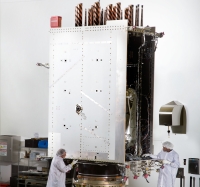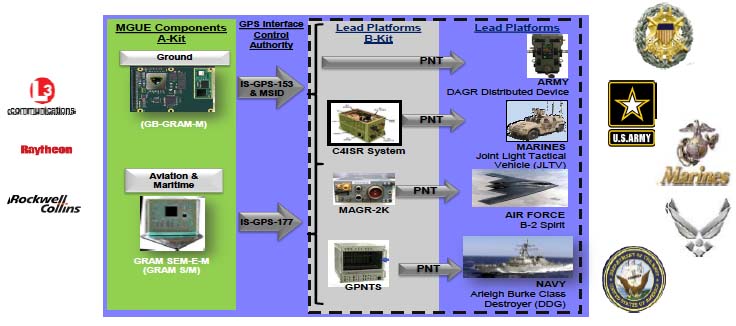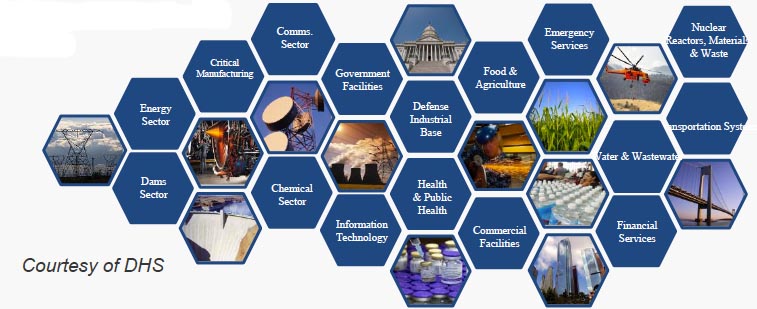GPS Networking Introduces Dual Antenna Rack Splitter
GPS Networking has introduced its dual-antenna rack mount splitter (DRMALDCBS1X16) that is ideal for timing and testing applications, the company said. The unit features two antenna inputs, 16 outputs, flat group delay, and high-isolation option.
By Inside GNSS











